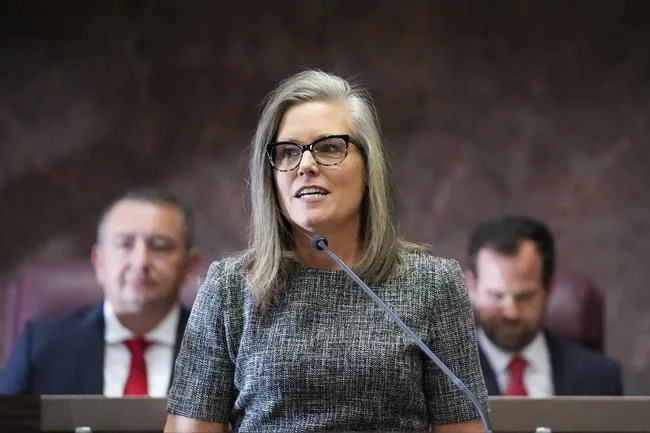Thu, March 2, 2023

Proponents of British Columbia's move to provide free prescription contraception say the policy could spur other provinces to follow suit. (Rich Pedroncelli/The Associated Press/The Canadian Press - image credit)
Montreal-area gynecologist Dr.Diane Francœur says the conversations with patients about affording birth control are getting tougher.
"Asking them 'can you afford this?' and 'can you afford that?'" she said.
"What is even worse is when you see them back and you say: 'Oh, your pill didn't work?' And they answer back: 'I wasn't able to pay for them so I didn't use them.'"
British Columbia will soon become the first jurisdiction in Canada to make prescription birth control free. Quebec resident Maïté Aubry-Massé believes the province should follow suit.
She said she was lucky that her contraceptive of choice was covered by her private insurance, but that's not the reality for other women in Quebec.
"We're supposed to have free health care. Since when is birth control and everything surrounding that not health care?" Aubry-Massé said.
"We should be prioritizing women's health."
Ella Teasdale feels the same way. She said it's long overdue and it would mean younger people wouldn't have to worry about whether they need to buy groceries or whether they need to get the prescription.
"This would be amazing for young people who obviously do have more sexual contact with sexual partners," said Teasdale.

CBC
Starting April 1, the British Columbia will cover the following prescription contraceptives:
Oral hormone pills, commonly known as the pill.
Subdermal (under-the-skin) injections and implants.
Copper and hormonal intrauterine devices, also known as IUDs.
Plan B, also known as the morning-after pill.
Free prescription contraception will also be made available to men, including trans men.
Quebec Public Health closely monitors the evolution of drug coverage needs, particularly the health needs of women, said spokesperson Noémie Vanheuverzwijn.
Unlike British Columbia, Quebec is the only province to have a general prescription drug insurance plan that covers its entire population, she said.
"The list of medications covered in Quebec is much more extensive than that of British Columbia," said Vanheuverzwijn, noting the provincial plan provides free drug coverage for economically vulnerable clienteles and that includes contraceptives.
"Compared to Quebec, people residing in other provinces do not benefit from any drug insurance coverage and must reimburse the full cost of their drugs, which can reach several thousand dollars annually."
Francœur said offering free birth control is a big win for health-care providers, and every province should do what British Columbia is doing.
She said it would be beneficial to the overall health of women across the country.









